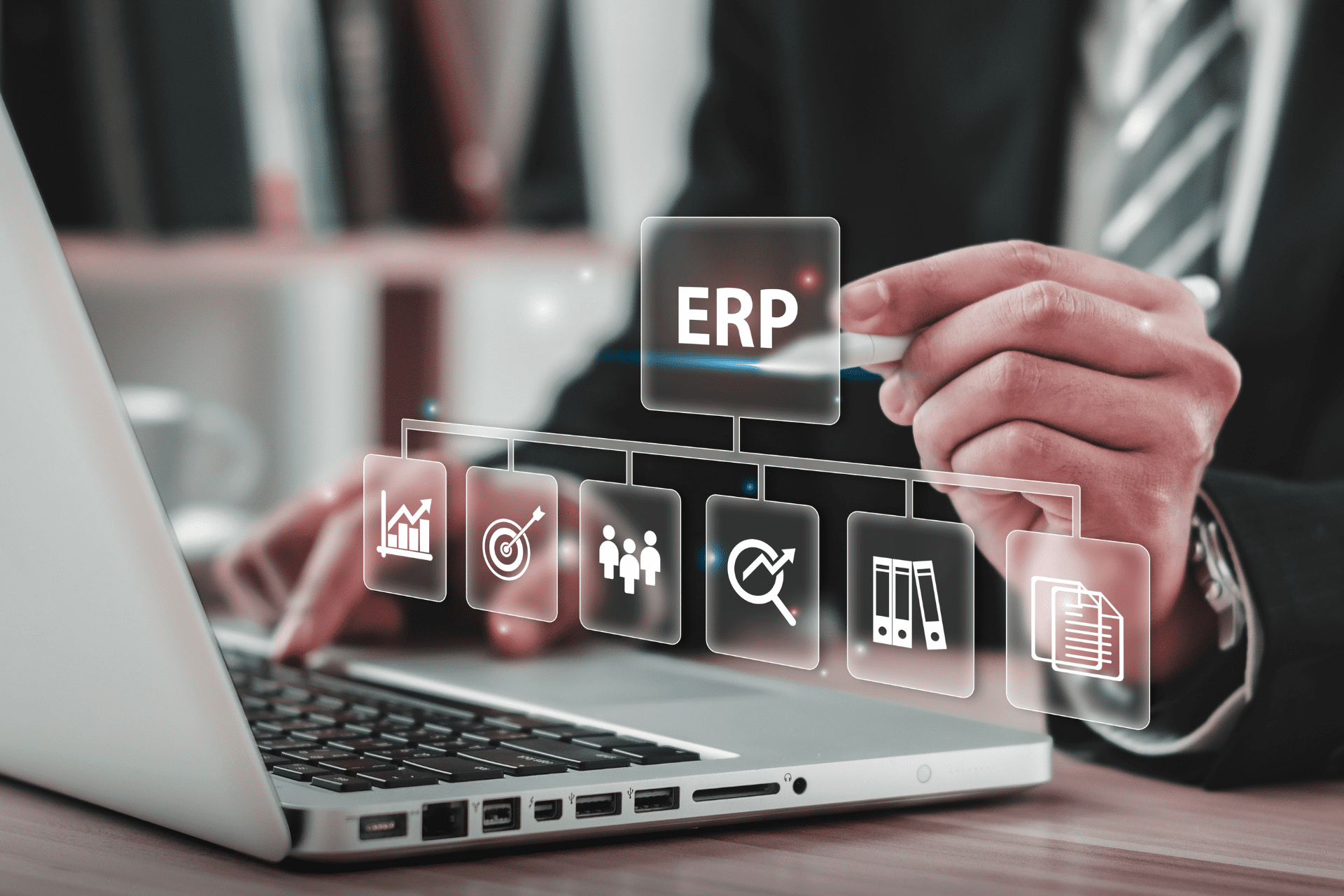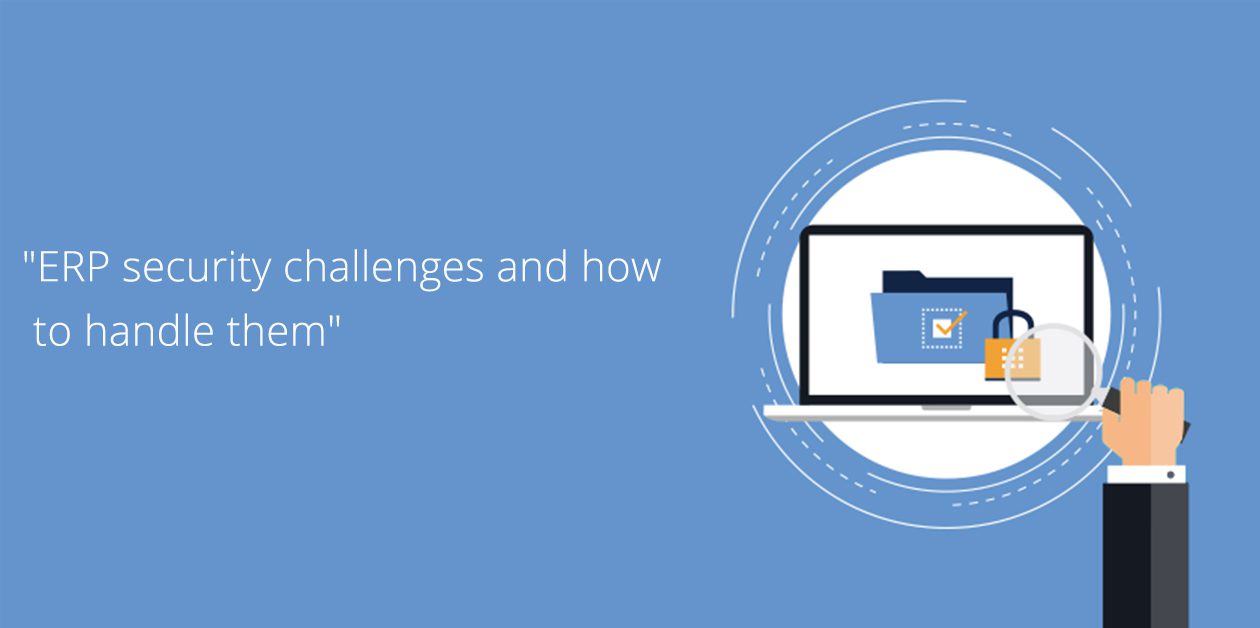Share
Read also

Business Software
ERP Trends for the New Year

Business Software
The New CRM Trends for 2026

Trends & Views
Digital Transformation Trends for 2026

Cloud
Explosive Growth in the Cloud ERP Market
All businesses should take the security issues of their ERP system under serious consideration, given that this system is the backbone of all their operations. What security threats exist and what can you do to handle them successfully?
Ransomware attacks
No system is immune to ransomware and ERP solutions are not the exception. According to experts, there are various ways the security of a system can be breached, with remote tools that are often impossible to detect on time. The solution to this problem is being alert, ensuring that security rules are strictly followed and making sure all relevant tools are kept updated.
Defense plan for responding to attacks
Often, businesses do not have a well-prepared plan for detecting and identifying vulnerabilities, and handling the security gaps in their ERP systems, if and when these appear. The answer to this is prevention. Work with the competent departments and prepare a plan in advance, even if you are certain that your business is not an immediate target.
Internal threats
Malicious partners or ex-employees who still have access to your system, are yet another important threat. The so-called internal threats are among the top problems, as many businesses have come to realize. One of the most common frauds is that related to payroll. In particular, having access to the HR module, an employee could theoretically modify their salary. On the other hand, such a modification can be relatively easily detected, with proper control. In any case, the control process for many of these threats, results in additional workload, with adverse results on productivity.
Inadequate ERP security
It appears that one of the most significant issues that have come up recently, related to security, has to do with defining who is responsible after all for the safety of the ERP system. This is mainly due to the fact that there are no clearly defined responsibilities among departments that would eliminate gaps and prevent potential intruders from attempting an attack. According to security experts, when visiting businesses having questions on ERP security, it is often evident that the teams responsible for this task are not entirely aware of how significant the ERP security is overall. It is not just a matter of basic security practices. In order to avoid issues, you need to adopt modern methods, such as vulnerability control, continuous monitoring and proper cloud security.
Interconnection security
ERP systems are usually connected with other systems, and this is their main advantage. At the same time, this can also be a problem, since any of these interconnected systems can become a gate for a threat to intrude. In the connected world of IoT and cloud computing, these risks have increased significantly. A vulnerability in a connected application can be the source of problems for your ERP solution, and vice versa -a vulnerability in your ERP system can spread to other systems as well. Businesses should take into serious consideration all the necessary interconnections between systems and devices, and closely monitor any and all issues that may come up.
Proper patch management
Finally, another important threat to ERP systems are security patches that are not timely applied. Obviously, your vendor will provide you with updated security patches, as these become available, but businesses often do not have the right processes for monitoring these updates and applying them at the right time. Actually, in some cases, the IT team may have and follow a patch management plan that does not include ERP, with the results already discussed. On a positive note, when it comes to cloud-based ERP systems, trusted vendors can take on the full responsibility of applying updates and patches timely and properly, thus protecting their customers.







